So I almost hijacked a friend’s post about an awesome video of Gregory Hines and Steve Martin dancing in 1982 because someone casually mentioned the film Pennies From Heaven, and I found that I suddenly had SO MUCH TO SAY about that movie right now. I ultimately decided to put it here instead of unleashing this screed among happy people enjoying some lovely dancing, but Pennies From Heaven strikes me as a very timely watch, so if you haven’t seen it (ever or just lately), and if you currently have the bandwidth for a film stuffed with men being awful, you should check it out.
Why? Not only do you get dancing Steve Martin, an absolutely classic tap solo strip tease by a young Christopher Walken, and several brilliant Bernadette Peters numbers, the film generously tosses in one of the darkest, most unflinching critiques on the ugly, misogynistic hollowness of what so often gets sold to us as “the American Dream,” all the while frenetically doing jazz hands. It’s a movie that simultaneously loves old musicals for their dreamy idealistic showmanship AND hates them for the way they help us lie to ourselves about what the world owes us. The film is joyously inventive one minute, and brutally cynical the next, and its device of having the actors lip synch to original tracks of the era instead of singing it themselves is both eerie and inspired. These are the songs that are in the air, the words you sing along to, that musicians came up with to sum up your feelings better than you can. The catch is that, for the most part, the songs DON’T say what the characters are feeling. They’re saying what the characters want to hear, making false promises that keep society buzzing along with the least amount of hiccups. The art surrounding Arthur and Eileen fails them.
Now that I’m thinking about it, it’s hard for me to think of a better symbol of where my country is at right now than Steve Martin’s sheet music salesman Arthur, whining about how he deserves sex and happiness and his own successful small business in the middle of the Great Depression because the songs on the radio promised him, dammit! It’s a movie that dares to ask, Where is the line between optimism and self-deception in hard times? What happens when you gravitate towards art that tells you “everything’s going to be okay” in order to avoid taking a hard look at how your own behavior has made things more difficult for you and others? What good is life, liberty, and the pursuit of happiness if it comes unmoored from personal and communal responsibility? When we chase our dreams regardless of who it hurts, are we breaking free, or just building a lonelier sort of cage for ourselves?
It manages to ask these questions in what I think is a more resonant way because it completely commits to the seductive power of fantasy. Every single musical number in the film is a breathtaking visual marvel and comes as a huge relief from the unpleasant, washed-out nature of the film’s reality. We as an audience end up craving them, depending on them to get us through nearly as much as Arthur does. And, for such a downright Brechtian howl of satirical anger, it’s surprisingly free of condescension. Yes, Steve Martin’s protagonist is an insufferable selfish asshole who casually destroys several women’s lives beyond repair simply because he’s a horny, gaping black hole of entitled neediness (and the first time I watched this movie post-Me Too, it hit in a new way that made my stomach turn over). But the technicolor world inside his head is truly entrancing, and the filmmaker is clearly most invested in what goes on there. Because of that, it narrowly escapes the currently thriving genre of cinematic schadenfreude by playing out as a tragedy of will, where the main character continually fails to do anything to actually get his sunny visions of an ideal world outside of himself where they could possibly do some good, and instead does the opposite because it’s more convenient at the time. It’s a movie that understands the allure of the upbeat pop cultural narrative, but doesn’t let its protagonist off the hook for the horrible things he does in its delusional thrall. Until, at the very end, (spoiler!) in a move borrowed directly from Threepenny Opera, it does let him off, staging a spectacularly unsatisfying “happy ending” as a rebuke to the very idea that such a thing exists and would even be desirable if it did.
I think the movie, despite (or due to?) being hard to watch, is a small marvel. Because as much as I DETEST Arthur, the scene linked above still comes close to making me cry in the context of the film. The idea of this weak willed man imbued with endless hope that’s never quite strong enough to actually affect his choices is heartbreaking – because I see how close I am to being him. I know how tempted I am to believe that the cheery platitudes of the songs are true. I feel the pull toward writing plays that say that everything’s gonna be okay, that we don’t need to worry, things will work themselves out. I’ve seen how natural it’s been for me during this pandemic to bury myself in work and ambition, letting human connection to dear friends and family fall by the wayside because, well, it’s just easier. I think the reason Pennies From Heaven jumped so forcibly back into my mind tonight is because, in this time when a disease ravages bodies in this country, the movie points to another disease ravaging our storytelling. We constantly tell ourselves tales and sing songs where the great aim is personal happiness, personal revenge, material success. Where there is almost always one single protagonist whose concerns are The Most Important Thing. Where romantic love “is good for anything that ails you.” Perhaps this is one of the reasons why our dreams seem too small for the challenges we are currently faced with. And I confess that I’m having a really hard time exerting the will to make my hope evident in my everyday choices. I think we need to build a bigger dream. And I don’t think it’s a thing we can do on our own.

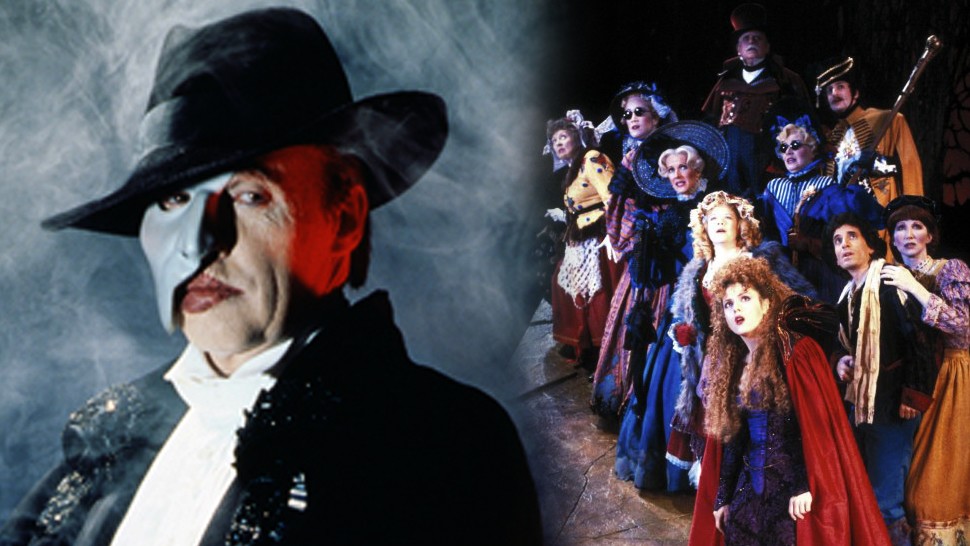
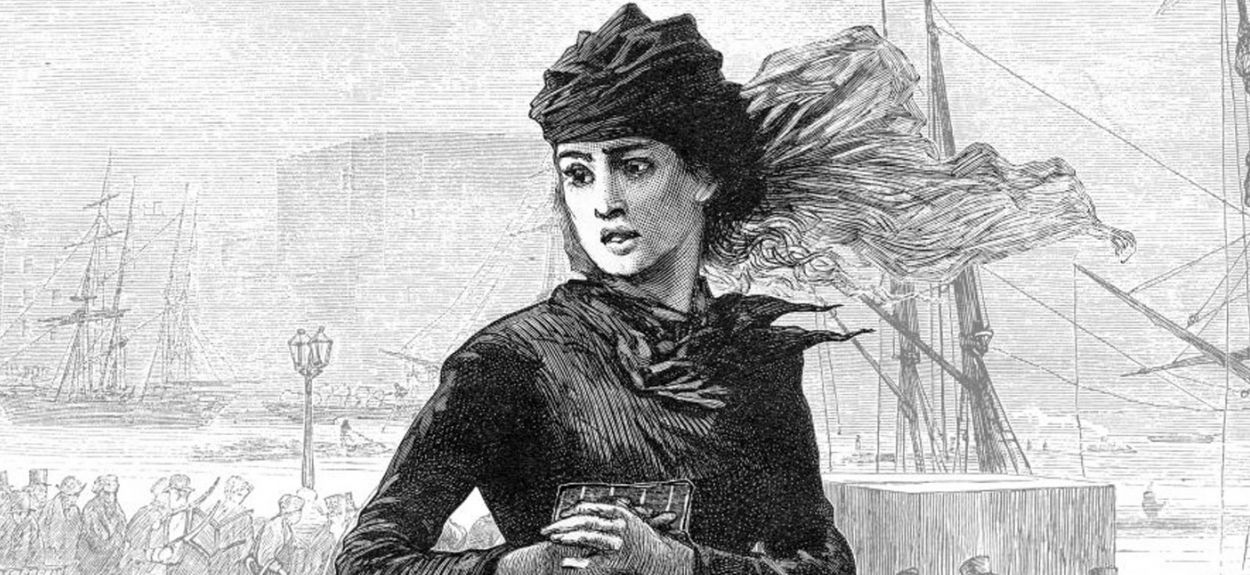

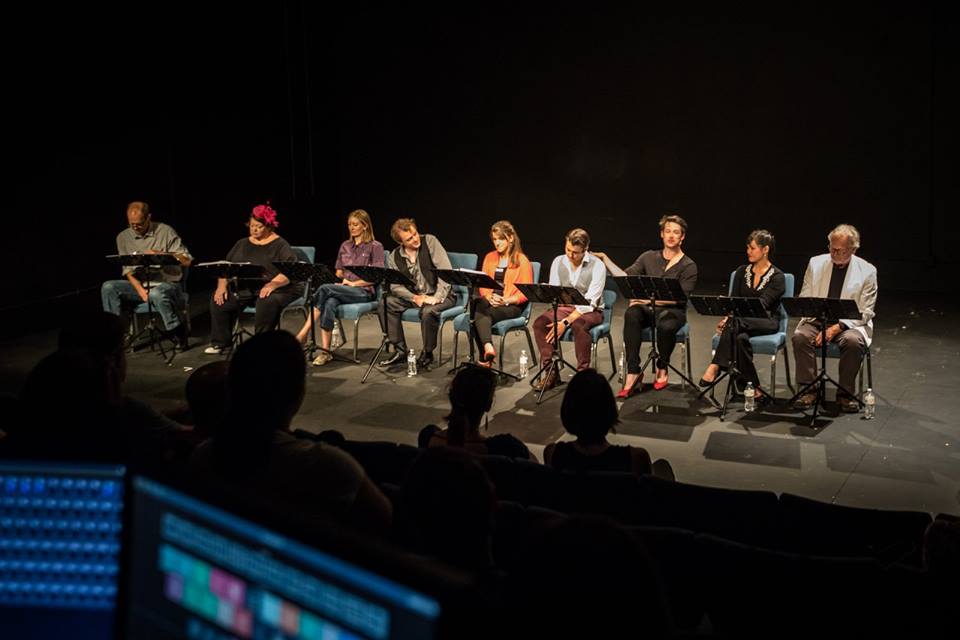
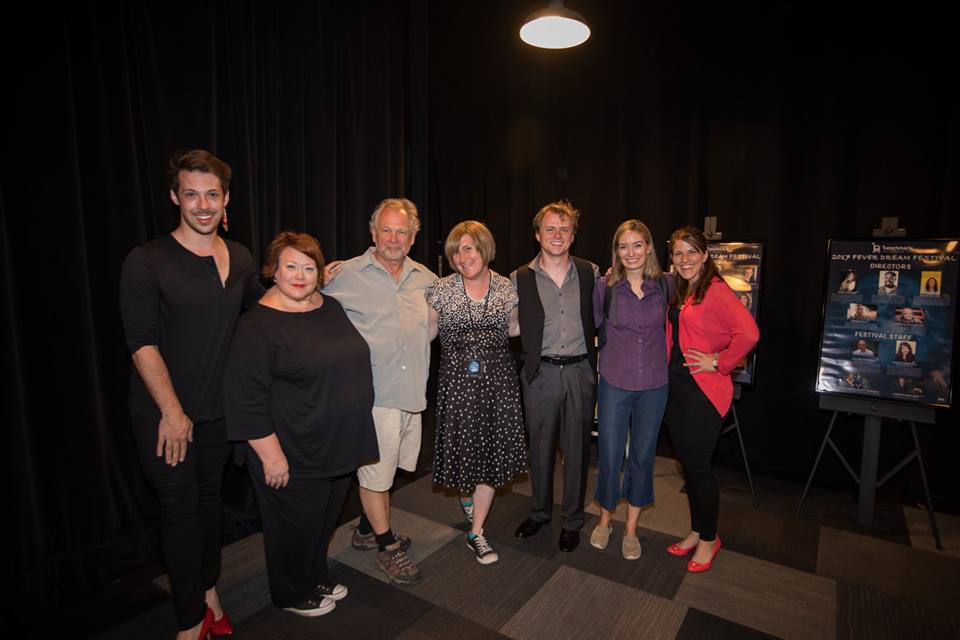

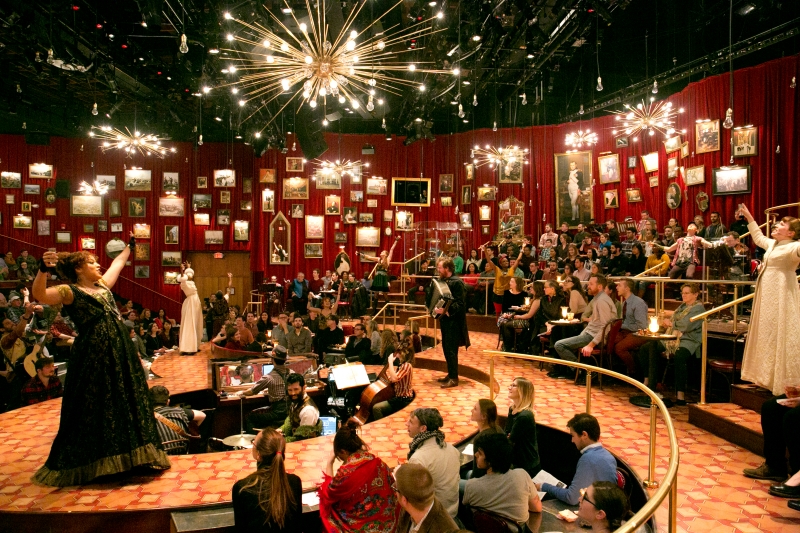 So okay. Let’s get the agreed-upon bits out of the way first: the cast recording to Hamilton is a game-changer, an instant classic, and also a highly addictive listen that keeps its emotional punch through numerous consecutive plays. But what do you do after you’ve listened to it so often that you (as I did this morning) wake up wondering what the French phrase “casse-toi” in Lafayette’s first rap means? Here’s my first of four blogs about other cast recordings that scratch that same itch in different but still satisfying ways, as well as one that, on the surface, is pretty much the antithesis of Hamilton- a thoroughly traditional book musical- but manages to subvert the form in new and dangerous ways.
So okay. Let’s get the agreed-upon bits out of the way first: the cast recording to Hamilton is a game-changer, an instant classic, and also a highly addictive listen that keeps its emotional punch through numerous consecutive plays. But what do you do after you’ve listened to it so often that you (as I did this morning) wake up wondering what the French phrase “casse-toi” in Lafayette’s first rap means? Here’s my first of four blogs about other cast recordings that scratch that same itch in different but still satisfying ways, as well as one that, on the surface, is pretty much the antithesis of Hamilton- a thoroughly traditional book musical- but manages to subvert the form in new and dangerous ways.